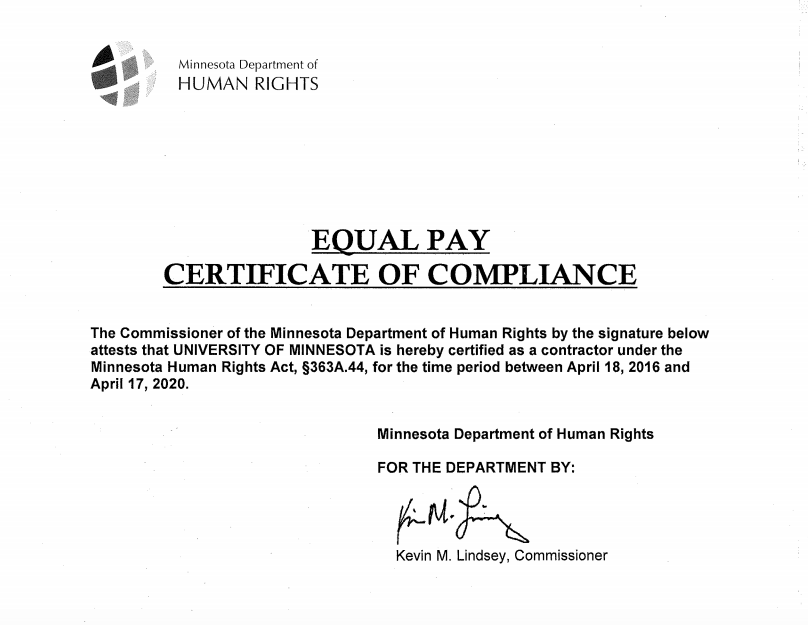Iceland Just Announced Its Plan to Guarantee Equal Pay for Women

By:
In what would be a global first, Iceland is on the verge of requiring employers prove they pay all employees equally.
 Helgi Halldórsson - flickr.com
Helgi Halldórsson - flickr.com
Other European countries have equal salary policies, but Iceland would be the first to require proof of equal pay across ethnicity, sexuality, and gender in the public and private sector.
Currently, Icelandic women are paid at least 14 percent less than their male peers, a condition they protested by leaving working 14 percent early in October.
In an effort to eliminate the gender pay gap by 2022, Iceland's government said it will introduce legislation into parliament that will require all employers with 25 employees or more to get a certificate proving they pay equally, according to USA Today. It's expected to pass because it reportedly has support across the political spectrum in parliament.
"Equal rights are human rights," Social Affairs and Equality Minister Thorsteinn Viglundsson reportedly said. "We need to make sure that men and women enjoy equal opportunity in the workplace. It is our responsibility to take every measure to achieve that."
People on Twitter were mostly supportive of Iceland's move to support women on International Women's Day.
Equal pay in the U.S.
The state of Minnesota took steps in 2014 to address gender inequality with the Women's Economic Security Act. The law requires contractors, with some exemptions, to get an Equal Pay Certificate from the Minnesota Department of Human Rights before getting contracts that are worth more than $500,000 or if the contractor has more than 40 full-time workers.
 Minnesota Department of Human Rights - umn.edu
Minnesota Department of Human Rights - umn.edu
In the application for a certificate, employers have to fill out an Equal Pay Audit Form, which lists all their employees by job title and seniority within that job title. The form asks for the race and gender of each employee, starting salary and annual salary. The application also asks employers to make "retention and promotion" decisions without using gender as a factor and to consistently evaluate wages and benefits to make sure that's true.
However, overall the wage gap in the U.S. is a big problem.
Women in the U.S. have consistently made between 77 and 79 cents for every dollar a man makes since 2000. When the numbers are broken down into ethnic categories, it gets worse. Minority women make significantly less than white men, according to the American Association of University women. Latinas make 54 percent of what white men earn, Native American women make 59 percent and black women make 63 percent. Respectively, Black and Latino men earned 73 percent and of 69 percent of what white men earned in 2015, according to Pew research center.
